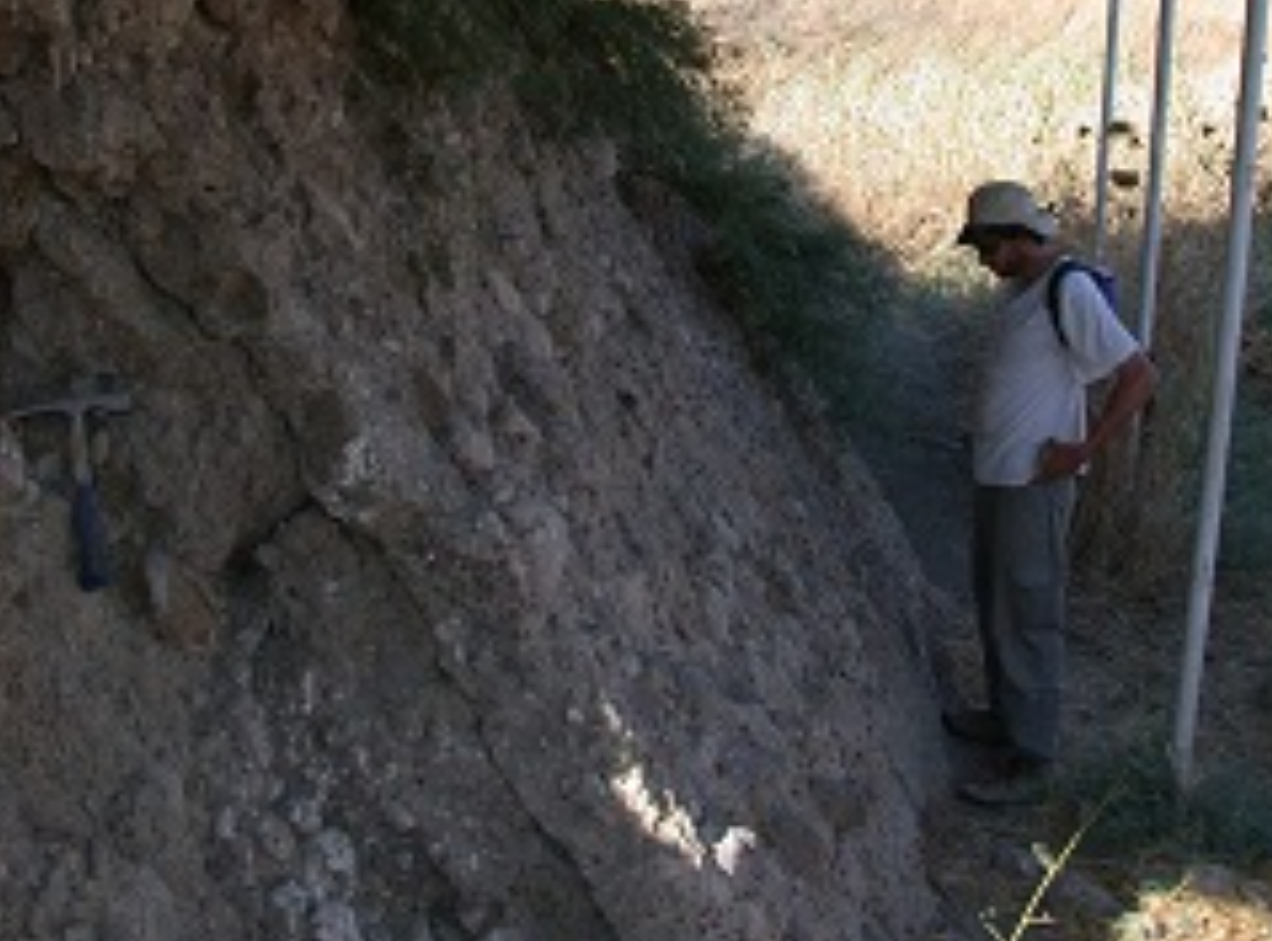Coffee’s hidden power: How caffeine helps cells fight aging
Caffeine activates AMPK, improving cellular longevity and DNA repair, according to new scientific research.

New research uncovers how caffeine activates AMPK, offering promising insights into slowing the aging process. (CREDIT: Milorad Kravic via Getty Images)
Your morning coffee may offer more than just a quick jolt of alertness. New research from Queen Mary University of London reveals caffeine's remarkable ability to extend the lifespan of cells by tapping into ancient cellular energy pathways.
The findings, published in the journal Microbial Cell, clarify how caffeine influences cellular aging processes, potentially opening new doors for health and longevity.
Uncovering Caffeine's Cellular Secrets
Scientists have long linked caffeine to increased lifespan and health benefits, including reduced cancer risk. Yet, precisely how caffeine interacts with cell processes remained unclear until now.
"These findings help explain why caffeine might be beneficial for health and longevity," said Dr. John-Patrick Alao, lead researcher on the study. "They open exciting possibilities for future research into triggering these effects more directly."
Cells routinely face DNA damage from metabolic processes and environmental threats like radiation and pollutants. Typically, cells respond by pausing division to repair this damage. This halt, governed by checkpoint signaling pathways, ensures cells divide only when healthy.
Earlier research suggested caffeine interrupts this checkpoint by targeting specific proteins involved in damage detection, like Rad3—a kinase responsible for halting the cell cycle during DNA stress. However, scientists debated caffeine's exact mechanism because other studies indicated caffeine might act without affecting Rad3 directly.
Related Stories
AMPK: The Central Player
The recent study provides clarity by highlighting a different pathway—the AMP-activated protein kinase (AMPK) system—as caffeine's main cellular target. AMPK acts as an energy gauge in cells, responding swiftly when energy stores drop. Activated AMPK helps cells conserve resources, repair DNA, and manage stress effectively—critical tasks influencing lifespan.
Dr. Charalampos (Babis) Rallis, senior author and reader in genetics at Queen Mary University, explained, "When cells are low on energy, AMPK kicks in to help them cope. Our results show caffeine helps flip that switch."
The researchers studied these processes using fission yeast, a single-celled organism that closely mirrors human cellular biology. Yeast cells treated with caffeine showed increased activation of AMPK, specifically through proteins Ssp1 and Ssp2, alongside the regulatory subunit Amk2.
Connecting Energy, Stress, and Lifespan
In cells, AMPK regulates another vital pathway known as Target of Rapamycin Complex 1 (TORC1). TORC1 signals when cells should grow and divide based on nutrient availability. When TORC1 is inhibited, cells enter a protective state, improving survival under stress and prolonging lifespan.
Interestingly, earlier studies found caffeine inhibits TORC1 signaling, but scientists debated whether caffeine directly blocked this pathway or influenced it indirectly through AMPK. The Queen Mary research settles this debate, demonstrating caffeine activates AMPK, indirectly suppressing TORC1, thereby slowing cellular aging.
"Our findings show caffeine accelerates mitotic division and benefits chronological lifespan through AMPK," Dr. Alao noted. This indirect activation enhances cellular resistance to stress and improves DNA repair capabilities, critical components of lifespan extension.
Moreover, the study found caffeine sensitizes cells to DNA damage by influencing genes responsible for damage repair, separate from its effects on cell division. This dual action—improving stress response while enhancing DNA sensitivity—suggests caffeine’s nuanced influence on cellular aging.
Implications Beyond Yeast
AMPK’s role as a critical energy regulator extends far beyond yeast. It is highly conserved across many organisms, including humans, where it regulates metabolism, stress responses, and lifespan. Notably, AMPK is also the target of metformin, a diabetes drug investigated for potential lifespan-extending effects.
Given these parallels, the discovery of caffeine's indirect activation of AMPK suggests broader health implications. Future therapies could harness caffeine’s molecular strategies to slow aging or mitigate age-related diseases in humans.
"Our results open exciting opportunities," Dr. Rallis emphasized, "for exploring how diet, lifestyle, or medicines might directly trigger these beneficial cellular effects."
What It Means for Your Daily Cup
Beyond theoretical implications, these findings resonate with daily life. Each cup of coffee might subtly help your cells manage energy, repair DNA more effectively, and respond better to stress—all contributing factors toward longevity.
While scientists continue unraveling the broader health implications, coffee drinkers can appreciate their favorite brew for more than taste or alertness. Your daily caffeine habit could quietly boost your cellular health, enhancing longevity one sip at a time.
Note: The article above provided above by The Brighter Side of News.
Like these kind of feel good stories? Get The Brighter Side of News' newsletter.



